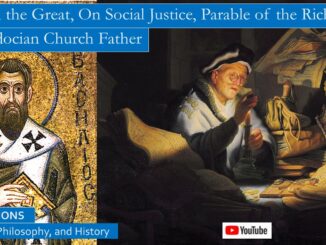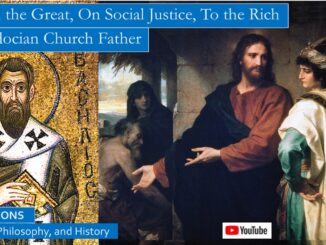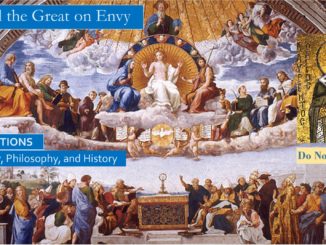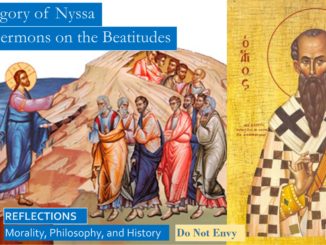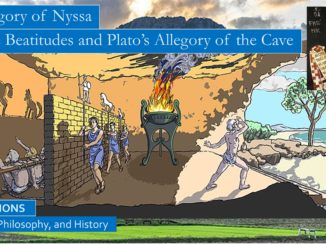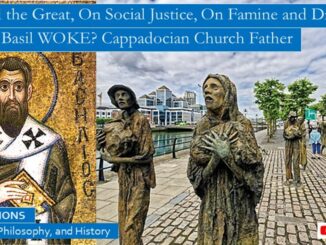
St Basil on Social Justice: Assisting the Poor During a Famine in a Roman Province
St Basil teaches us: “If you also give from your lack, you will have the vessel of oil ever flowing by the gift of mercy and the inexhaustible jar of flour. For the faithful, the grace of God zealously imitates these vessels, ever poured out yet never exhausted, returning double for what is given. Lend, you who lack, to the rich God. Have faith in the one who always personally undertakes the cause of the oppressed and makes recompense from his own resources.” […]

